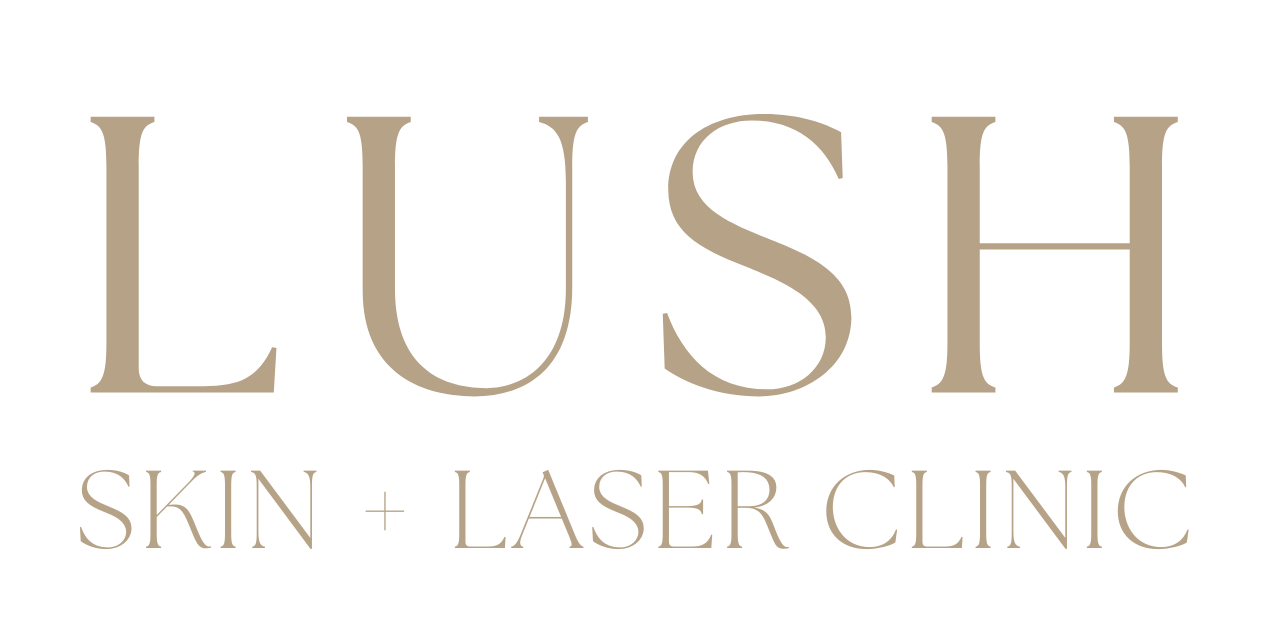We all want a radiant, youthful skin that stands the test of time. But do you know what can help us achieve it? Vitamin A is a secret to healthy skin that can resolve your skin concerns and give it the glow it deserves.
You’ve probably heard about vitamins E and C, but let’s put the spotlight on the main superhero, Vitamin A. It’s not just another nutrient; it’s a skincare wizard that helps in tackling wrinkles, acne, and sunspots. But how does it work its magic?
In this blog, we’ll unravel the skin benefits of Vitamin A, what makes it so great for our skin, and how to ensure we’re getting enough of it.
Roles of Vitamin A in Skin Health
Vitamin A works like a skin manager, overseeing the production of fresh, new skin cells. These cells are the key to skin that not only functions well but looks its best. Studies have even shown that people with higher Vitamin A concentrations tend to look younger, emphasising the significant role it plays in skin health. The key ingredients in this vitamin are the retinoids, compounds that perform various skin-friendly tasks:
- Minimising Fine Lines and Wrinkles: Boosting the production of collagen, a skin-smoothing protein.
- Fighting UV Damage: Reducing hyperpigmentation and sunspots, giving your skin a more youthful appearance and potentially lowering the risk of some skin cancers.
- Combating Acne: By sloughing away dead skin cells, preventing clogged pores and inflammation.
- Improving Skin Tone: Stimulating the production of new blood vessels for an even complexion.
- Promoting Wound Healing: Aiding in the recovery process.
How To Consume Vitamin A
Top Food Sources:
Discussed below are top food sources of Vitamin A that can be accessed easily.
Sweet Potato (1,403 mcg): A delicious way to ramp up your Vitamin A intake.
Carrots (459 mcg): Crunch on these for a healthy dose.
Milk with Added Vitamin A (149 mcg): A classic source for those dairy lovers.
Cantaloupe (135 mcg): Sweet and skin-friendly.
Red Bell Pepper (117 mcg): A colourful addition to your plate.
Dried Apricots (63 mcg): Snack on these for a Vitamin A boost.
Eggs (75 mcg): A breakfast favourite.
Salmon (59 mcg): Get your Omega-3s along with it.
Plain Yogurt (32 mcg): A tasty way to support your skin.
Canned Light Tuna (20 mcg): Perfect for a quick, skin-loving meal.
Note: Your body absorbs Vitamin A when it’s paired with fat. If it’s source is low in fat, add some olive oil, avocado, or nuts to the mix.
To Supplement or Not to Supplement?
While food can be a great source of your Vitamin A intake, supplements are another great way to add this vitamin to your life. Most people can meet their vitamin needs through food, and it’s essential to be cautious with supplements. High doses (above 10,000 micrograms) can be risky. Always consult your doctor before heading for supplements.
Apply Generously: Using Topical Vitamin A
If you’re eager for real gains in your skin battle, it’s time to consider topical Vitamin A. The skin is a pro at soaking up the retinoids in it, making it a go-to for wrinkles, acne, and sunspots.
Research supports the use of retinoids, especially tretinoin, found in prescription products. Tretinoin triggers changes that boost fresh skin cell production, reducing wrinkles, making skin smoother, and fighting hyperpigmentation. For the best Vitamin A creams for your skin, consult a dermatologist.
Remember, consistency and patience are key. It takes time—around three months—to see a difference and up to a year for the full effects.
Risks: Who Shouldn’t Dive into Vitamin A?
While Vitamin A is a skin saviour, it’s not without its drawbacks. Here’s what you need to consider before trying it:
Topical Concerns
Retinoids can be a bit intense, causing irritation, redness and peeling. Start with a low concentration, gradually increasing to avoid skin drama. Protect your skin from harsh elements and avoid drying or abrasive products.
Supplement Safety
Excess Vitamin A from supplements can lead to nausea, headaches, and even liver damage. If you’re unsure, consult your doctor, especially if you’re on certain medications or pregnant.
Bottom Line:
Vitamin A is indeed a skincare superstar. From combating wrinkles to promoting wound healing, it’s a nutrient your skin surely adores. Load up on veggies and other nutrient food sources to get the best of it. Also, consider topical options, but remember to always proceed with caution to make sure you’re giving your skin the TLC it deserves.
If you are looking for a reliable name to buy the best skin therapy products, LUSH Skin & Laser Clinic is your go-to platform. Along with promising skin treatments, we also offer a wide range of high-quality skin care and treatment products that can help you achieve a radiant glow. Visit our website today and explore the best range of skin products.

